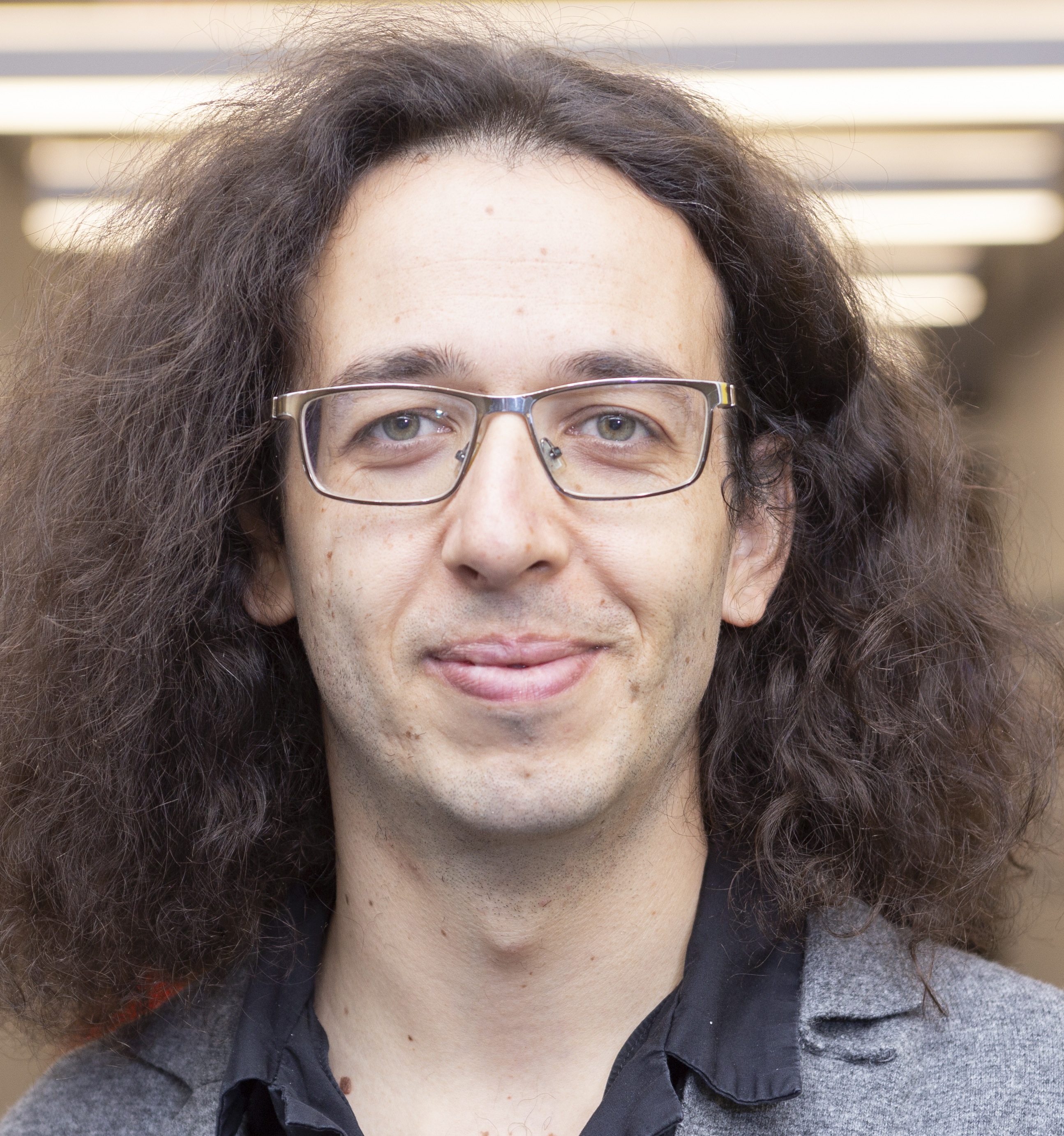
Virtual
Despite their widespread adoption, commercial smart assistant technologies have not evolved significantly in the last decade from an interaction perspective. Indeed, a user explicitly formulates a request, e.g., using their voice, and the system attempts to respond to the user’s demand. We believe that haptics have the potential to drastically shift how we interact with smart assistant technologies by offering rich, private and social interaction opportunities.
In this virtual workshop, we aim to bring together experts from both auditory and haptic interaction design to 1) exchange on how the subtleties of haptics could be employed to augment or address limitations of speech-based smart assistant technologies, and 2) collaboratively imagine what it would mean to live with a general purpose purely haptic smart assistant.
Through our keynote presentation and interactive explorations of these core topics, we hope to build a unifying research agenda, share ongoing work and most importantly encourage collaborations in this nascent research space.
This workshop is part of the 11th International Workshop on Haptic & Audio Interaction Design (HAID 2022). As such, all workshop participants must also be registered to HAID 2022.

The structure of this workshop is heavily inspired by speculative design practices. Following a brief introduction and keynote presentations, all workshop participants will be invited to actively contribute to brainstorming and discussion activities aimed at sharing, learning, synthesizing and more generally broadening our perspectives around the topic of voice- and haptic-based smart assistant interactions. This may include sharing and organizing ideas on a virtual collaborative tool such as Miro.
Spanning the spectrum of voice- to purely haptic-driven smart assistant interactions, we believe this workshop will offer all HAID attendees the opportunity to contribute meaningfully and most importantly learn from each other's expertise.
Let us know you are interested in joining us using this form and we will contact you with the details as the event approaches.
We are planning to synthesize the emerging themes and discussions of this workshop into a collective paper. This event might furthermore become the first of a series of workshops on the theme of haptics and smart assistant technologies.
| 13:00 | Introduction |
| 13:10 | Keynote Presentation - Integrating interactive devices with the user’s body |
| Pedro Lopes, University of Chicago |
| 13:45 | Brainstorming Session - How can haptics be used to augment voice interactions with smart assistants? |
| 14:15 | Brainstorming Session - Imagining living with a purely haptic smart assistant |
| 14:50 | Workshop Recap |
Pascal E. Fortin, Postdoctoral Researcher - Haptic User Experience Group, École de Technologie Supérieure, Montreal, Canada.
Vincent Levesque, Professor - Haptic User Experience Group, École de Technologie Supérieure, Montreal, Canada.
Christian Frisson, Researcher and Developper - SAT Metalab, Montreal, Canada.